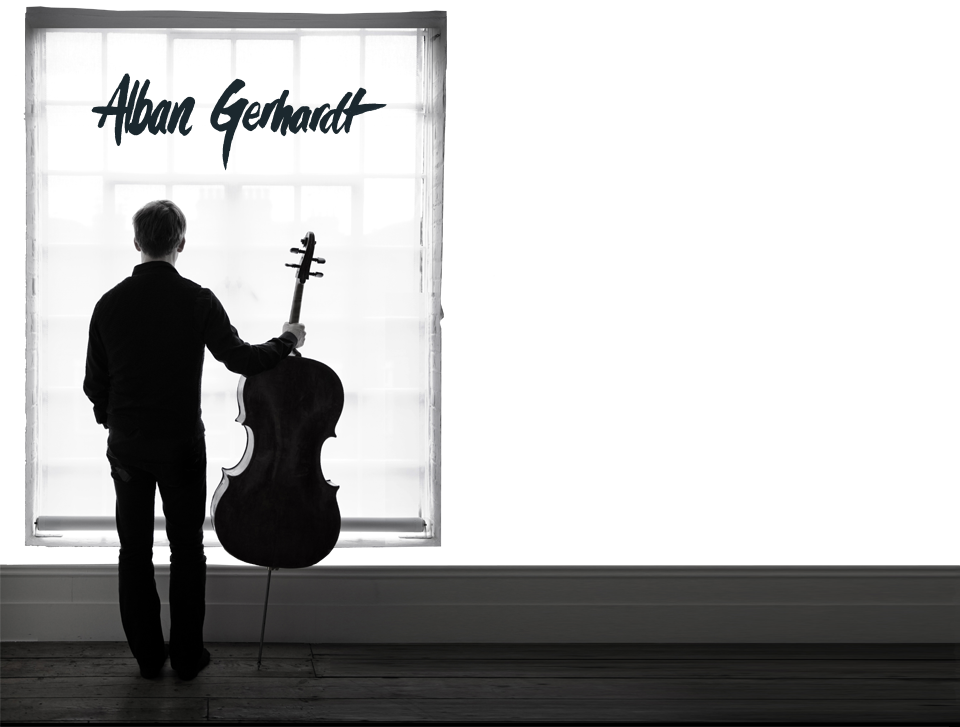Concerts in Spain promise a very late night, because first of all they start officially at 20h30 or even 22h45, often not too punctual. After the performance members of audience and orchestra appear to be less shy than elsewhere to talk to the sweaty cellist (in this specific case Prokofiev’s gigantic Cellosymphony on the program, body fluids in abundance…) about more or less everything between stolen cellos and pulpo for at least another half hour, before one finally moves either with the entourage of the Maestro (as yesterday with lovely Jesus Lopez-Cobos) or some orchestra members into one of the Spanish coastal town’s delicious restaurants.
Seafood and wine in abundance after midnight can’t be denied, since it would be taken as an insult to the host, besides the fact that I eagerly accept every single Spanish engagement because of the food afterwards. In addition to it the quality of the orchestras in Spain has risen so high that even ears spoilt by Berlin Philharmonic are smiling after concerts – rarely have I heard the “Peter-and-the-Wolf”-choral towards the end of the last movement as well played as last night in La Coruna.
At 2h20 I made it into my bed, only to get up three hours later for my early morning flight back home – what doesn’t a father sacrifice to go to the movies with his son in the afternoon.
During the three-hour stop-over in Madrid I found quickly the time to answer a questionaire of the Orchestre Suisse Romande via E-mail. Question No.11 ranks among my all-time favorite: one musical project. Oh, I really don’t like that term, I am so sorry, but far too often do uninteresting musicians, who haven’t managed to say much with their music-making, hide behind so-called “musical projects”. In many cases a rather unsubtile story is trying to suggest some deeper meaning of the interpretation, so that even a deaf person could understand the musical genius at work, while there is actually just a big void under the pretty surface, an emptiness which can make the greatest piece of music sound dull.
For me another proof how the classic music scene is taking the pop scene as a role model, where the packaging counts much more than any musical message, but at least they are open about it. The people behind it truly believe the’ll save classical music (from what? Annihilation?) and I can’t deny the general audience’s tendency to go for the superficial storytelling and the bigger events (small recital series are seriously suffering), but the question remains if classical music will be saved by it or maybe rather forgotten in the process? Rising cd-sales happening together with the reduced ability to really listen to any musical content. What to do? Projects with musical content? Good idea – I’ll start thinking about it, and when I find something, I’ll get back to you 🙂





